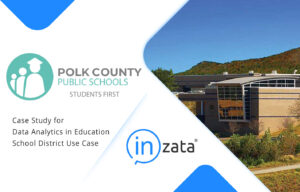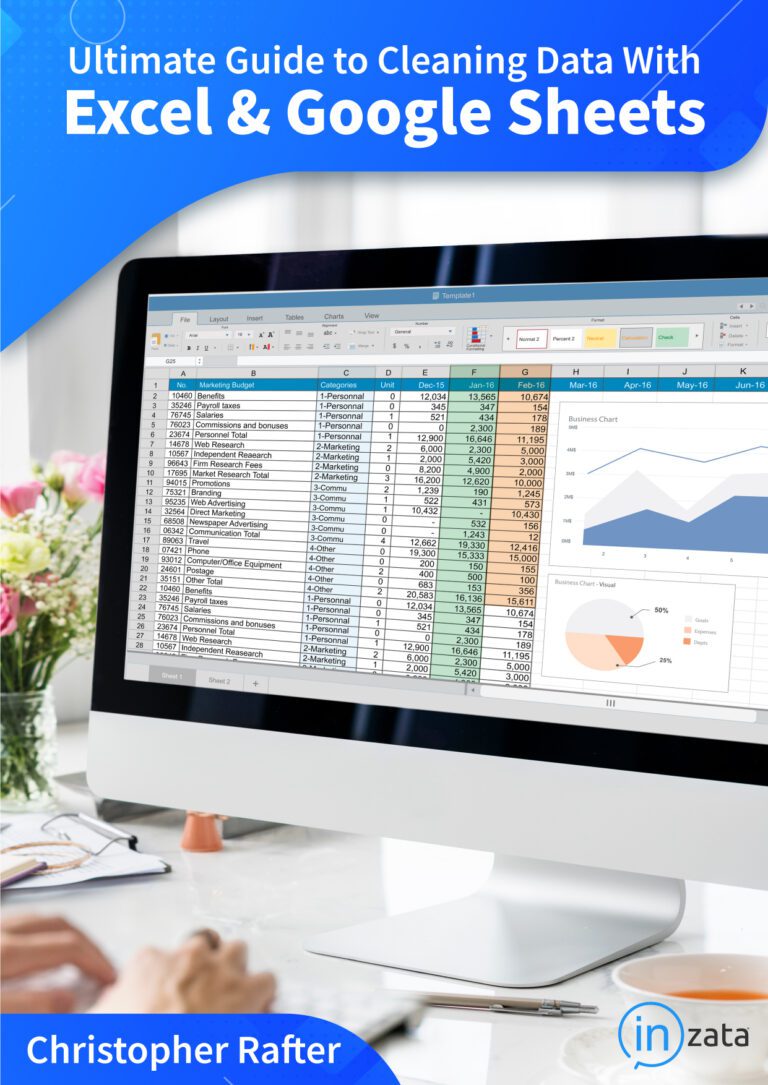We are well past the point of realization that large data and advanced analytics solutions are valuable — nearly everyone knows that by now. Actually, there’s no escaping that the increasing dependence on technology. Substantial data has become a modern staple of nearly every sector in retail to manufacturing, and for good reason.
IDC forecasts that if our digital universe or total information content were represented by tablets, then by 2020 they would extend all of the way to the moon over six times. That is equal to 44 trillion gigabytes, or 44 zettabytes of information.
There are lots of reasons why information has been created so quickly — doubling in size every 2 years. Although the demand for reliable information is another the birth of IoT and connected devices is one source. What’s more interesting are the tendencies formed as a result of the options that are digitally-reliant that are more recent. They specifically help form the business, altering business analysts work with information.
Will our future look like? How will we handle all this information? What abilities need to company analysts be focused on developing?
1. Specialization of Job Roles
For quite a while, the information scientist and analyst roles have been universal in character. It is not that specializations did not exist, they have but firms are starting to search for professionals who have industry-specific experience. They want someone well versed specifically in the sort of data they are dealing with.
Everything from financial services to manufacturing and logistics has been upgraded to rely on more digital services and as a result a influx of real time information. There are plenty of opportunities, so livelihood decisions won’t be hurt by picking a specialty, but doing exactly the can. It is important to construct a good CV by working together with businesses and teams that fit a specialty, so choose one.
2. Machine Learning Experience is a Must
From 2020, over 40 percent of data science tasks will be automated. Its capacity and machine learning technologies is a massive driver of that automation. It is for good reason because effective machine learning tools and automation will help extract insights that would otherwise be tricky to find even by skilled analysts.
The whole process is achieved much faster, boosting not just general efficiency but the response time of an organization to certain events.
Data scaling analysis, quantitative analysis, automation resources and, of course, overall machine learning are skills that modern data analysts must try to hone. Talent and the more experience that an analyst has with automation technologies, the more desirable they will be.
3. The Growth of Legislation
GDPR helped to spur the requirement for qualitative information governance, and frankly, it happened so quickly it left many firms scrambling to comply — even still some are fumbling with the idea. But it is not. More lately, that the California Consumer Privacy Act reared its head, that will go into effect in 2020. It won’t be the last either, not by a longshot.
These regulations have a monumental effect on information processing and managing , customer profiling and information security. Businesses are under extreme pressure not only to comprehend the effect on operations but also to comply with the requirements.
Data scientists and analysts who understand the ramifications will help organizations browse the guidelines and are skilled in security and data privacy are in large demand. As regulations come to be, that need will continue to rise making it a viable specialty for current and future professionals.
4. Stay close to the Bleeding Edge
It’s no small accomplishment to stay up-to-date with anything that relates to modern technology. Tools and solutions are growing at absurd prices, new opportunities are being introduced, and many different tendencies take form year after year. But regardless of how difficult it is, information analysts have to continue to stay in the forefront of that growth.
A good analyst may focus but never puts their whole stock in toolset, platform or one technology. Using databases, as an instance, choices may include HBase NoSQL and MongoDB but its most priorities may change over time. Information processing is another skill key to remaining relevant in the analytics area. Professionals will probably be desired by companies, individuals and government offices .
For frameworks and languages, there’s Apache Hadoop, Python, R, SAS and others. However, more importantly, these would be the cases now — right now — and they could shift or alter over time.
It is up to analysts to stay present with all and any options readily available, and that means embracing a state of growth and constant improvement so far as knowledge and abilities are involved.
5. Cloud Computing and Related Mechanics
Software engineers and data scientists are two fields, but that does not necessarily imply overlap does not happen. It certainly does and professionals need to understand that achieving it is a very important part of staying relevant in the market of today.
As the requirement for more liquid and elastic infrastructure develops, scientists and analysts need to comprehend how this relates to current operations and gear. When dealing with possible troubles and performance demands Having the ability to evaluate the load on a machine, for instance, can go a very long way.
It is this concept of knowing infrastructure and the hardware in the helm that will elevate professionals to fresh heights. Substantial data analytics, machine learning, none of these technologies would exist with no cloud computing along with the infrastructure.
Until recently, the focus has been about processes and the instruments that can help attain a better understanding of information stores.
The technology gets more capable and is adopted more publicly, as, the requirement to comprehend the hardware has also become more important. The overlap between software and hardware related jobs and the demand for professionals to comprehend the range of the systems.
6. Basic Business Intelligence Expertise is Key
The data analyst of today kept separate and then is not secured in a tower. In fact, it’s nearly always the opposite that is complete, as scientist interact with decision makers and groups. This means that information professionals have to be able to efficiently communicate complicated issues to professionals.
Communication occurs to be a critical soft skill of company intelligence. But it’s not the only skill required to thrive. SQL programming abilities Tableau such as — and problem-solving are just a couple of examples.
The past and tomorrow’s analysts should have a good foundation in business intelligence.
Growth is Always a Must, however the Right Growth is Key
Obviously, build experience in the industry and information analysts may continue to rise as they take on more projects. But boosting the growth that is perfect, into particular areas and abilities, can assist professionals achieve victory, but also secure opportunities in the area.
An increasing number of organizations deploy information analytics tools to affect their operations and to understand consumer behaviour.
These tools have become more advanced alongside the technology, as time progresses. It is around analysts to comprehend tools and the core systems but also the underpinning hardware


